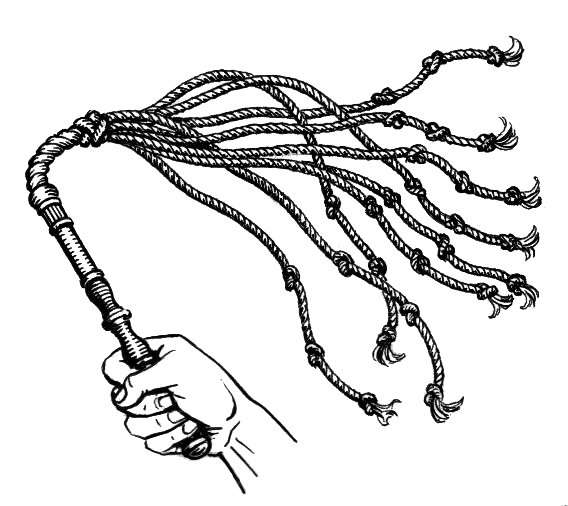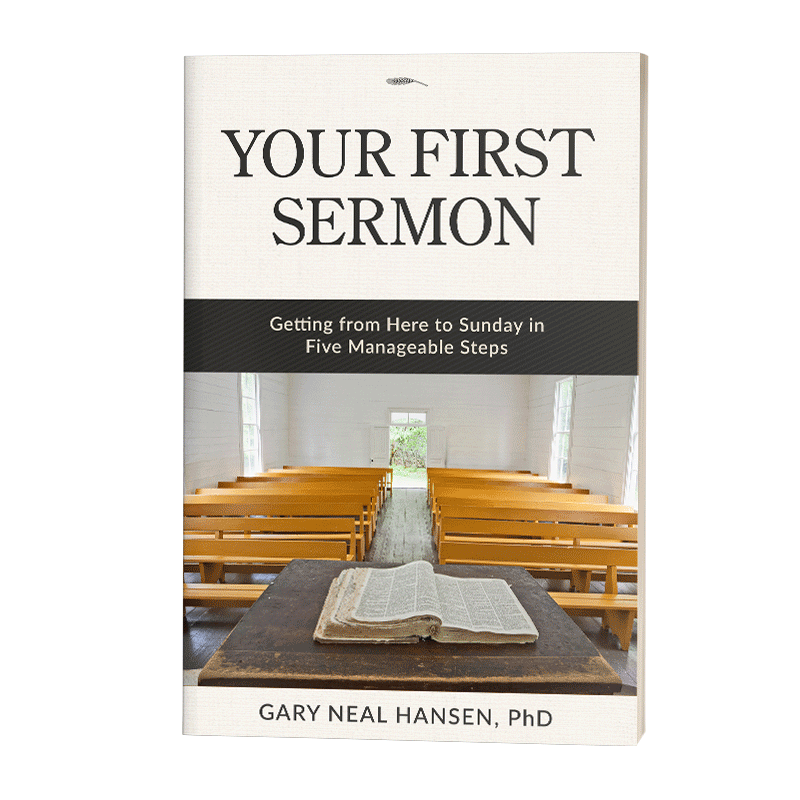
In Year B, the Gospel for the third Sunday in Lent jumps from Mark to John. The text is John 2:13-22, “the cleansing of the temple.”
It is a strange time to leave Mark behind: Mark tells the same story in chapter 11, but the lectionary never selects it. We read it in Lent, and that’s what makes the move to John odd.
- In Mark the cleansing of the Temple happens on Monday of Holy Week, after the Triumphal Entry on Palm Sunday. That’s absolutely a Lenten context.
- For John’s version we have to turn the pages back to chapter 2, to the very beginning of Jesus’ earthly ministry.
Lent — the Cleansing of the Temple
It’s probably easy to see why this story is brought before us in Lent. It’s a season of penitence and spiritual preparation. We need to get ready for the great sacrificial act of Christ on Good Friday, and for the great good news of new life on Easter.
So it’s fitting to tell a story where Jesus goes to the focal point of Israel’s religious life, the Temple, and tells everyone there to get their act in order and treat his Father’s house as a holy place of prayer.
We need to do the same in our own lives. We’re told, after all, that we are temples of the Holy Spirit, that God dwells in us and abides in us, that we carry God’s presence and name. We need to up our game and hallow that Name of his–as we say in the Lord’s Prayer.
“The Jews”
John’s treatment of the cleansing of the Temple is a bit longer, and in context it is perhaps less troubling than Mark’s in its treatment of the Jews.
Perhaps. It’s a tough call, actually. Neither evangelist comes out as a shining paragon of toleration and inclusivity.
One probably hears more wincing about anti-semitic elements in John’s Gospel than any of the others. He has this way of poking and blaming and generally negatively naming “the Jews” more than the other Gospels do.
There are three references like this just in our passage:
- In verse 13, “The Passover of the Jews was near…”
- In verse 18, after he’d driven out the animals and the money changers, “The Jews then said to him, ‘What sign can you show us for doing this?’”
- Then in verse 20, after Jesus said he’d raise up the temple after three days, “The Jews then said,‘This temple has been under construction for forty-six years, and will you raise it up in three days?’”
Personally I’ve always found these references odd. They strike my ear as more comic than otherwise.
I mean, why “the Passover of the Jews”? Honestly: who else has a Passover?
And who else in the Temple, or in Jerusalem, or anywhere else in Judea would be likely to ask Jesus questions? Of course the questions come from Jews.
And what, I ask you, were Jesus and his disciples? They themselves were Jews.
I don’t blame Jewish people for feeling like they are being blamed here, or being portrayed badly.
And there is nothing but shame on Christianity for the harm done to the Jewish people over the centuries as a result of the New Testament authors being rather, shall we say, ham-handed in their portrayal of the Jews.
But aren’t these references actually kind of ludicrous?
“The Passover…was near”
The fact that John portrays the cleansing of the Temple as happening as the Passover approached may make sense of reading this story in a Lenten context. Luke explicitly connects the events of the Passion and Resurrection with the Exodus.
But in a very important way, any event in the Gospels can be fairly read in a Lenten light, as part of the journey to the Cross.
“Making a whip of cords”
I don’t quite know what to make of it, but in one small detail John’s portrayal of the cleansing of the Temple is far more dramatic than those in the Synoptics.
In the Synoptics Jesus comes in, without discussion beforehand, and then drives out those who made the Temple a place of commerce. He might have simply walked in from the street and calmly started directing traffic to the exits.
Only in John is the act carefully premeditated. He knew exactly what he had in mind. He took the time to take some lengths of rope and braid them into a weapon.
Then, whip in hand, he attacked.
This detail, I think, is one to keep in mind for all us Protestants who object to the idea that Lent is a penitential season.
We’re happy with a time of reflection.
We’re okay with Lent as a season of sincere prayer.
We might give up something we like — but we don’t want to make it a serious fast.
I think (and I have some evidence from Protestant preaching and conversation on the topic) that Protestants think a penitential season, or a penitential attitude, is associated with skewed assumptions about life and faith. We think it’s “neurotic guilt.”
- God loves us, we say, and that’s true enough.
- God has accepted us with free grace, we say, and that’s true too.
- But somehow we convince ourselves that because God loves us and accepts us, that God doesn’t have any objection to any of our behavior.
That’s a faulty conclusion.
- Jesus loves the Jews on the pages of John’s Gospel.
- Jesus accepts them with free grace too.
- But Jesus is not the least amused by some of the behavior of some of the people in that community, right there in the place most central to their life of faith.
Jesus disliked their behavior so much that he took the time to braid his own cat-o-nine-tails and come after them with violence.
So maybe we too, we who take our lives of faith far less seriously and far less rigorously than 1st century Jews in Jerusalem, should focus our attention this Lent on some sober self-examination.
Just maybe.
“Destroy this temple”
I love Jesus’ playfulness with words when he talks to those who questioned him after the cleansing of the temple.
He says,
Destroy this temple,
and in three days I will raise it up.John 2:19 NRSV
- He’d been dealing with the big building where God’s name dwelt.
- He spoke of his body, where the second Person of the Trinity dwelt.
They mistook his ambiguous reference — and quoted it against him later.
But there is something winsome about his confident casualness in talking in this way, surely knowing that they would misunderstand it.
Or was it a casualness that came from his deeper, truer assessment of the nature of things?
He really was the real temple, after all.
“The scriptures and the word Jesus had spoken”
And I love John’s summary comment about the disciples, remembering this event years later:
After he was raised from the dead,
his disciples remembered that he had said this;
and they believed
the scripture
and the word that Jesus had spoken.John 2:22 NRSV
It is a window into earliest Christianity, before a set of documents was compiled, or even written, that could be thought of as the New Testament, part of the Bible alongside the Law, the Prophets, and the Writings.
Even if John tries to distance himself from “the Jews” here, he shows his own Jewish assumptions that “the scripture” is the Law, the Prophets, and the Writings–what later Christians would call the “Old Testament.”
Jesus’ words are of ultimate importance. John calls him the Word of God made flesh, after all.
He has to lay it right alongside “the scripture.”
But he don’t quite have a name for it yet.
++++++++++++
Preaching this text? If you want a refreshing take on making your sermon both biblical and useful to the people who listen, check out my book Your First Sermon: Getting from Here to Sunday in Five Manageable Steps.
Amazon reviewers consistently say it has great input for seasoned preachers as well as first-timers. Click the affiliate link to check it out on Amazon.


Leave a Reply